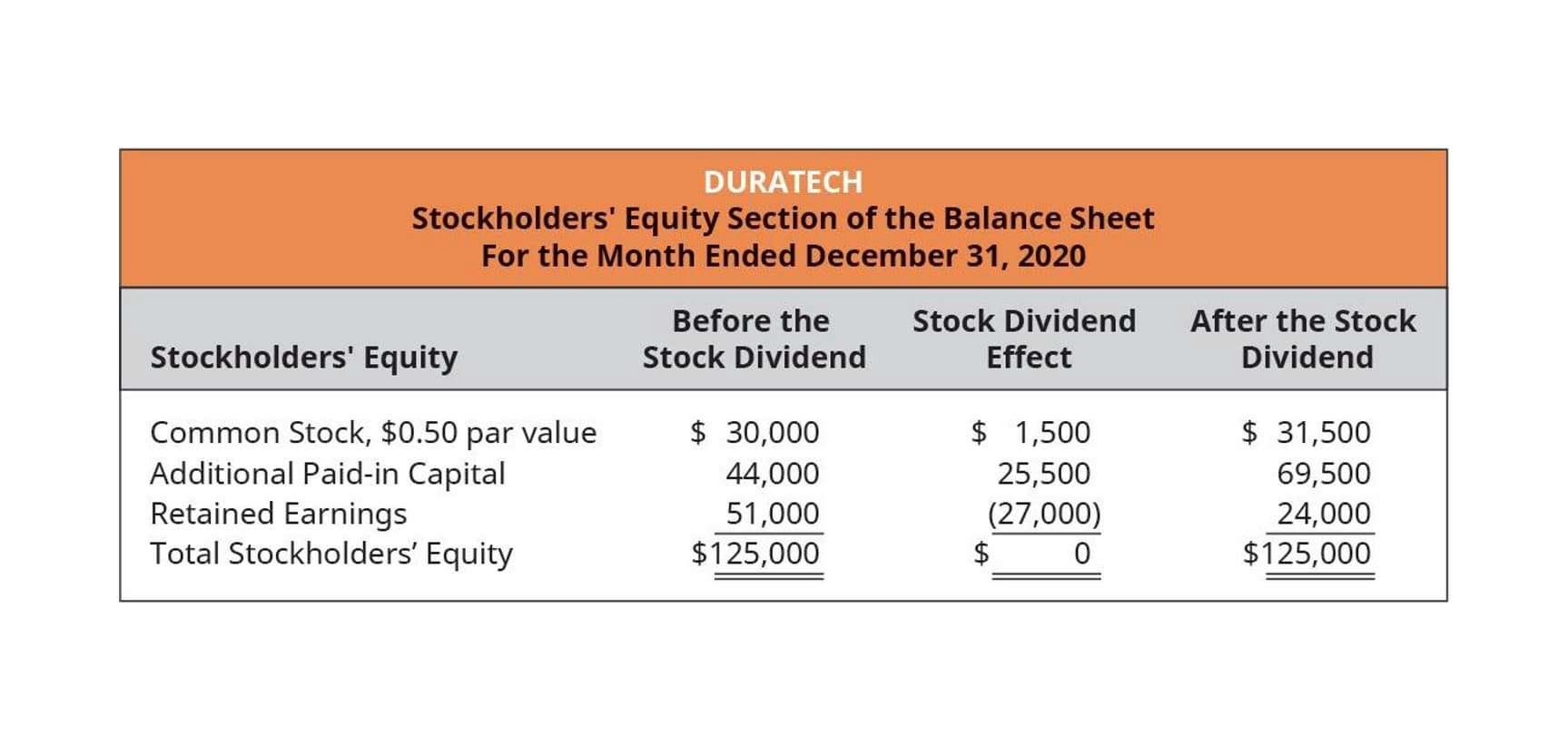What Are Retained Earnings in Investing? The Motley Fool

Employees may perceive the company as unstable, leading to higher turnover rates and difficulties in recruitment. This can recording transactions further exacerbate the company’s financial woes, as the loss of skilled employees can hinder productivity and innovation. Additionally, suppliers and partners may become wary of engaging in long-term contracts, fearing the company’s potential insolvency. When retained earnings are consistently negative, it signals that the company has not just faced a few bad years but is struggling with underlying financial issues. This can limit the company’s ability to secure new financing, as lenders and investors may view it as a high-risk venture.
- Strategic decisions, such as aggressive expansion or acquisitions, can also contribute to negative retained earnings.
- In S Corporations, negative retained earnings can lead to tax liabilities without corresponding income.
- Some other forums say make an adjustment but I am not sure to what account.
- This could involve changing the business model, reorganizing the company, or streamlining processes to reduce costs.
- A start-up or growth company, for example, may have negative retained earnings as it invests heavily in its growth and operations, which could lead to losses in the early years.
Dividends with Negative Retained Earnings: Financial and Legal Insights

Negative retained earnings may also hinder a company’s ability to secure financing or negotiate favorable credit terms. Lenders and can you have a negative retained earnings investors often view a negative balance as a sign of instability, leading to higher interest rates or stricter loan covenants. Companies with impaired balance sheets may face difficulties accessing capital markets, particularly equity-based financing options. A retained earnings deficit can also occur if the corporation issues more dividends than its current retained earnings balance. Most states have laws that don’t allow corporations to issue dividends if they don’t have the RE to cover them.

Understanding S-corp retained earnings, and distributions

Persistent negative retained earnings can create a negative market perception. For example, MNO Corp, an S Corporation, with a history of negative retained earnings, may experience a decline in stock price as investors perceive it as a high-risk investment. The negative perception can reduce the company’s market capitalization and limit its ability to raise capital through equity financing. Yes, retained earnings can be negative, which happens when your business has more losses or distributions than profits over time. This situation, often called an “accumulated deficit,” indicates that the business has been spending more than it’s earning.
Earnings Growth Rate

If a business has experienced sustained losses for a period, it could result in negative shareholders’ equity. Creditors and lenders may also reassess their relationship with a business displaying negative retained earnings. They might perceive the company as a higher credit risk, which could lead to more stringent borrowing terms or a reluctance to extend further credit. This can hamper the company’s ability to finance operations or invest in growth opportunities, potentially leading to a downward spiral of financial health.

Negative Retained Earnings and Their Impact on Business Finance
The inability to secure funding can stifle growth and innovation, creating a vicious cycle where ongoing losses prevent the business from investing in necessary improvements or expansions. Persistently negative retained earnings can create a perfect storm of financial challenges for S Corporations and Partnerships. Monitor Financial Performance RegularlySmall business owners should regularly monitor their financial performance to address negative trends proactively. Regular reviews of retained earnings, financial statements, and key performance indicators can help identify potential issues Budgeting for Nonprofits early and allow for timely corrective actions. Implementing robust financial management practices, such as budgeting, forecasting, and financial reporting, can aid in maintaining a healthier financial position.
